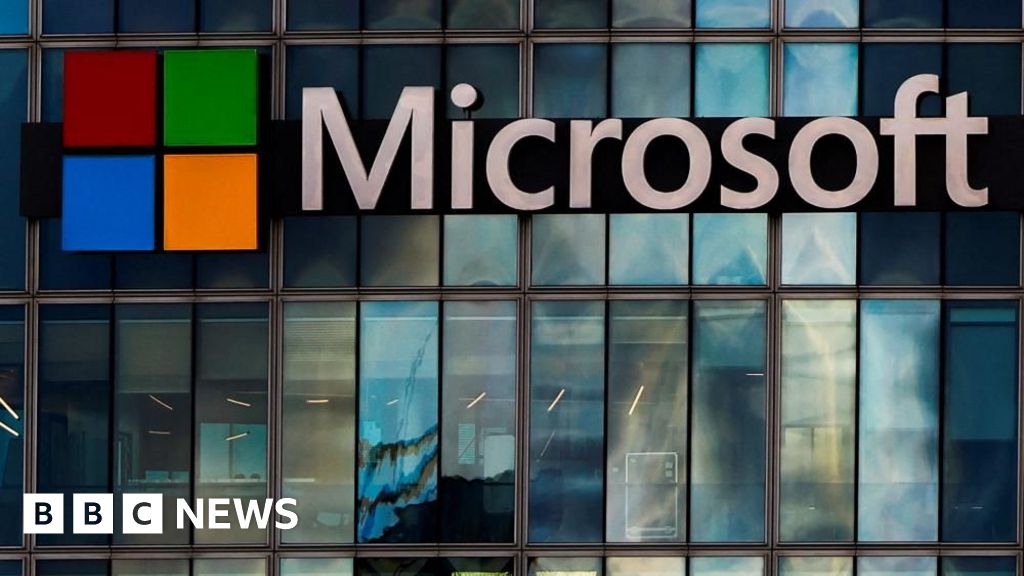AI Innovations and Industry Trends: A Comprehensive Overview
Author: Tech Insights Team

In recent years, artificial intelligence (AI) has emerged as a dominant force in various sectors, transforming the technological landscape. From startups to established enterprises, organizations are leveraging AI to boost productivity, enhance operational efficiencies, and drive innovation. Recent developments in AI technologies highlight significant advancements, growing concerns, and an evolving business landscape as companies adapt to these changes.
The review of "System Shock 2: 25th Anniversary Remaster" highlights the resurgence of iconic horror games in the gaming industry. The remaster, released on the PS5, not only revitalizes graphics but also enhances gameplay with modern convenience while maintaining the original's dread-filled atmosphere. Critics appreciate the nostalgic appeal and the exploration of AI horrors that the game brings, further demonstrating how AI themes resonate within popular culture.
System Shock 2: 25th Anniversary Remaster brings back the iconic horror experience with modern enhancements.
Alongside gaming, AI productivity tools are rapidly gaining attention. A recent article from Analytics Insight outlines five AI tools that promise to double productivity in professional settings. These tools cater to diverse needs such as task management, automation, and centralized workflows, enabling users to optimize their daily operations. The adoption of such tools indicates a significant shift in workplace culture towards leveraging AI for task automation.
Furthermore, Oracle's recent expansion of its Stargate deal with OpenAI signifies substantial investments in AI infrastructure, with plans to establish more data centers across the United States. This $30 billion deal emphasizes the increasing importance of AI in business strategies and reinforces the growth trajectory of companies heavily invested in this technology.

Oracle and OpenAI's collaboration shapes the future of cloud infrastructure.
The corporate also faces challenges, as illustrated by Microsoft's recent announcement to cut up to 9,000 jobs while doubling down on AI investments. This strategic decision highlights the balancing act companies face in adapting to rapid AI advancements while managing workforce implications.
Moreover, OpenAI is grappling with its first significant commercial challenge, as competitors like Apple and Meta explore alternative AI solutions for their platforms. The evolving landscape indicates fierce competition and pressure on OpenAI to maintain its market position.

Microsoft's workforce adjustments as a response to shifting industry dynamics.
On another note, concerns about AI ethics and transparency have risen, particularly regarding OpenAI's recent condemnation of Robinhood's 'OpenAI tokens.' OpenAI clarified that purchasing these tokens does not provide consumers with equity in the company, which underscores the importance of clear communication around AI products and their implications.
As the demand for AI tools and technologies continues to rise, organizations are increasingly focused on ensuring ethical practices and user trust. Industry leaders must proactively address these concerns while navigating the landscape of emerging AI applications in various sectors.
In summary, the ongoing evolution of AI across different industries presents both opportunities and challenges. As companies adapt to these trends, the balance between innovation and ethical considerations will be crucial in shaping the future landscape of AI technologies.